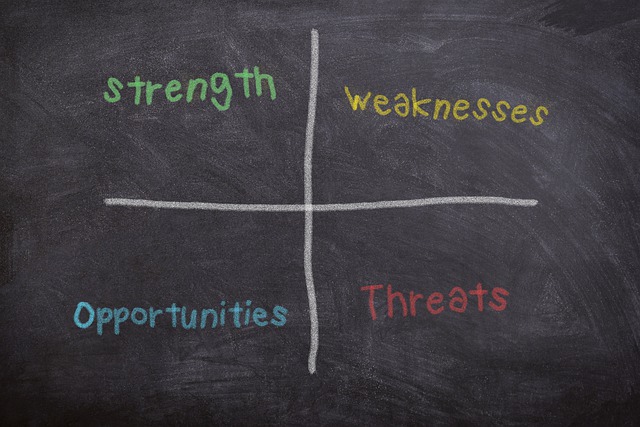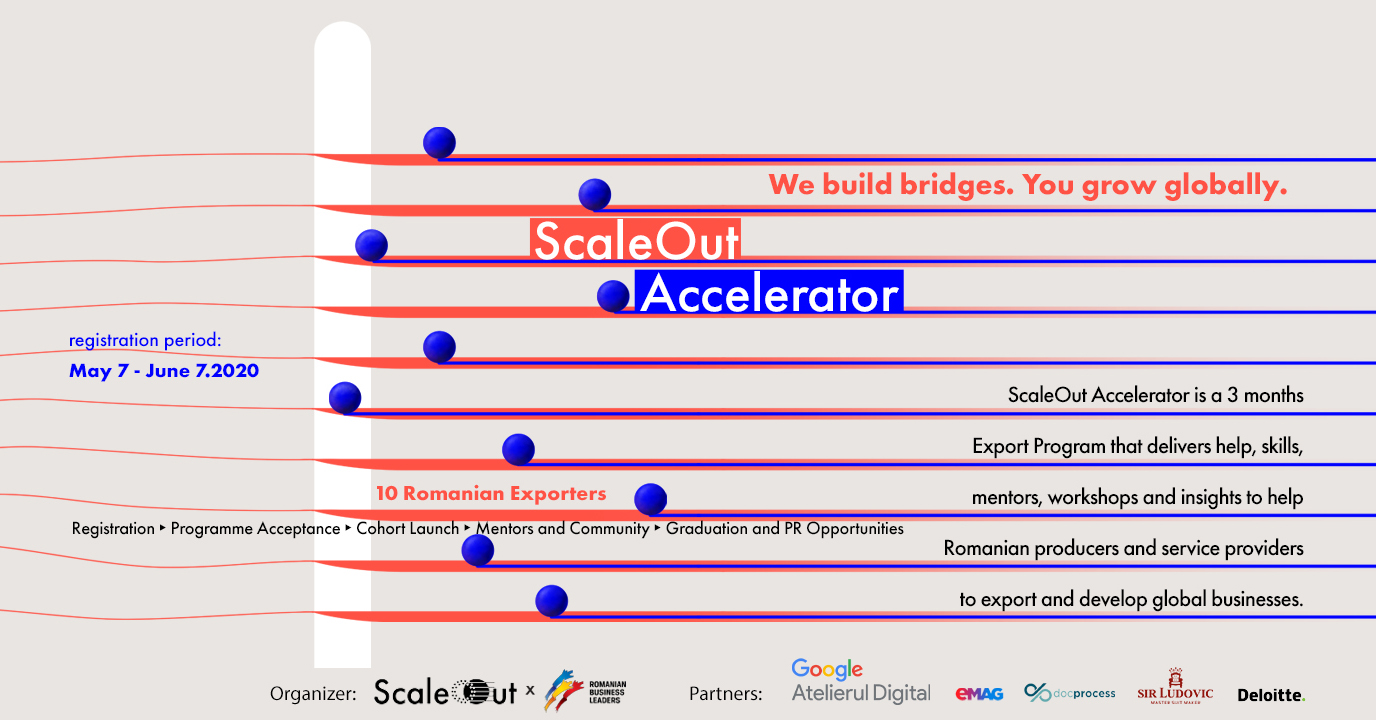Foreign direct investment (FDI) to Romania at the start of 2020 was 70% less than the same period in 2019. This slow start to the year will only be amplified as the health crisis deepens. In this uncertain times, let’s look to a SWOT analysis, a strategic way to overlook strengths, weaknesses, opportunities and threats for future FDI in Romania.
Strengths: Workforce, constructions and tech sectors
Workforce
The lack of workforce will not be anymore a barrier for attracting new foreign investors because of around 50.000 Romanian specialists coming back from Diaspora and also in the context of a higher unemployment rate. When the relaxing measures will start after the state of emergency not all employees will go to work. It will take at least 12 months to reach last year economic level.
Construction sector
Large construction investors have not stopped investing, things are moving forward, and this may be an opportunity in the context of attracting new investors to Romania. Also, maintaining the fiscal facilities granted to the construction sector will make this sector remain attractive for employees and investors.
Tech opportunities
Currently, as a result of the evolution of COVID-19, we are dealing with a forced digitalisation not only of the business environment, but of the whole society. Entrepreneurs and investors say it is time to digitise the public sector, especially in the area of education, health and administration. This new normality will create many opportunities for future foreign investors in Romanian tech ecosystem.
Weaknesses: the evolution of automotive and tourism
Automotive dependence
The automotive industry is one of the most affected sectors in Romania, and this means that many investment opportunities are blocked in areas related to the this sector.When the big car production centres in Romania were stopped due to Covid-19, consequently at least 10% of the local economy was directly blocked, so that the economic dependence is relatively high compared to this key sector.
The impact on tourism
The tourism industry is in total lockdown because of the situation with airlines and the ban to travel. This new reality will translate to the freeze of future inquiries for new tourism projects. 2020 year should have brought a series of new investments in new hotels (at least 40 units were in the pipeline for 2020 and 2021), in restaurants or event centres, leisure centres or spa areas, according to FIHR. This developments should have came after years of increased performance in tourism, as a result of good tourism taxation.
Opportunities: Infrastructure and a more proactive Investment Promotion agency
Infrastructure development
A huge opportunity for Romania is to step up public investment in infrastructure development for attracting investment. It is also necessary to accelerate the settlement of private-public projects for future investments.
A more proactive Investment Promotion agency
The Investment Promotion agency (Invest Romania) and local authorities should proactively work with foreign investors who have plans for investments and speed up the relevant procedures instead of waiting for the pandemic to end before doing so. Now is the right time for Romania to further step up its efforts to attract investment from specific countries like USA and Western Europe.
The manufacturing investors will leave China
Romania has the possibility to attract investors who want to withdraw from China and have the opportunity to move their business to our country. It is known the fact that specific governments have allocated billions of dollars in a stimulus package to help manufacturers move production out of China and into other countries.
Threats
The EU has warned member states to remain vigilant on foreign direct investment and the movement of capital from third countries during the current coronavirus crisis in an effort to protect strategic industries.
“The Covid-19 related emergency is having pervasive effects on the economy of the E U. As part of the overall response, the European Commission also singled out the issue of foreign direct investment screening. Among the possible consequences of the current economic shock is an increased potential risk to strategic industries, in particular but by no means limited to healthcare-related industries,” the Commission said in a communication.
As a result, member states have been asked to make full use of FDI screening mechanisms to protect the healthcare sector, the supply of critical inputs, as well as other sectors involved in supporting efforts to fight the Covid-19 pandemic.
As a conclusion, global FDI flows are expected to decrease by 30% to 40% across all sectors, according to the United Nations Conference on Trade and Development. The extent to which Romania will be hit by this and Covid-19, remains to be seen.






